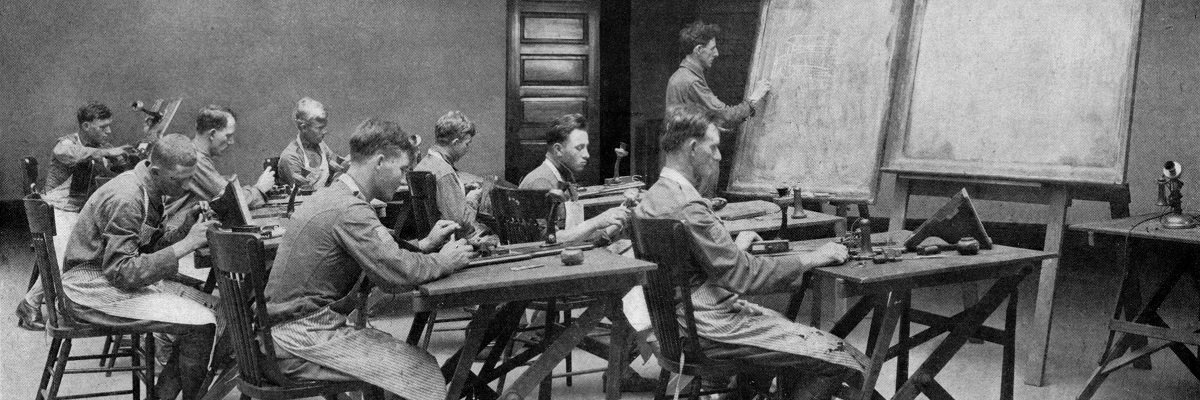Last week on Slack, we chatted with Jeff Kelly Lowenstein, one of the reporters whose work led to the release of over 11 million records related to lottery winners. Here’s what he had to share on managing national projects, and making the leap to to global reporting.
Rolling the dice
After reading a report from the the Palm Beach Post on local lottery fraud, the team figured this was probably past of a much bigger problem.
“This was the American portion of a global investigation,” Lowenstein said. It included student and professional journalists, and a civic technology organization a dozen countries.
Stacking that paper
Their million-dollar find: Nearly 1,700 players had each won at least 50 prizes of $600 or more.
His colleagues, Jon Allsop, Selin Bozkaya, Jeremy Devon House, Ayanna Runcie, and Daniel Simmons-Ritchie published this on Columbia Journalism Review, detailing how the team filed over 100 requests to lottery officials around the country.
It eventually led to an international investigation on lottery companies and regulatory groups from South Africa to Switzerland, including the World Lottery Association, which “espouses its commitment to responsible gaming … while regularly convening seminars and international conferences to plan how to continually boost lottery sales,” Lowenstein said.
Show me what you got
They filed requests to every lottery in the country, asking for data on winners, odds of winning, and investigations.
They conducted a national survey on oversight, and found that not only has frequent winning been an issue in Canada and the US for two decades, but also about one in five lotteries did not pay attention to frequent winners.
When one state would refuse to disclose records, Lowenstein used another states’ releases as leverage on the state that denied the request.
Putting delays into perspective
On the international scale, one of Lowenstein’s colleagues in Mali said, after filing requests for lottery records, that they did not receive “too many threats.”
Lowenstein added that while the US public records system has its flaws, we shouldn’t lose sight of how powerful a tool it can be.
Join us this Friday
Make sure to join us this Friday at 12pm EST.
If you have recommendations on who you would like to chat with on our Friday FOIA chats, please submit them here at the bottom of the page.
Image via Wikimedia Commons




